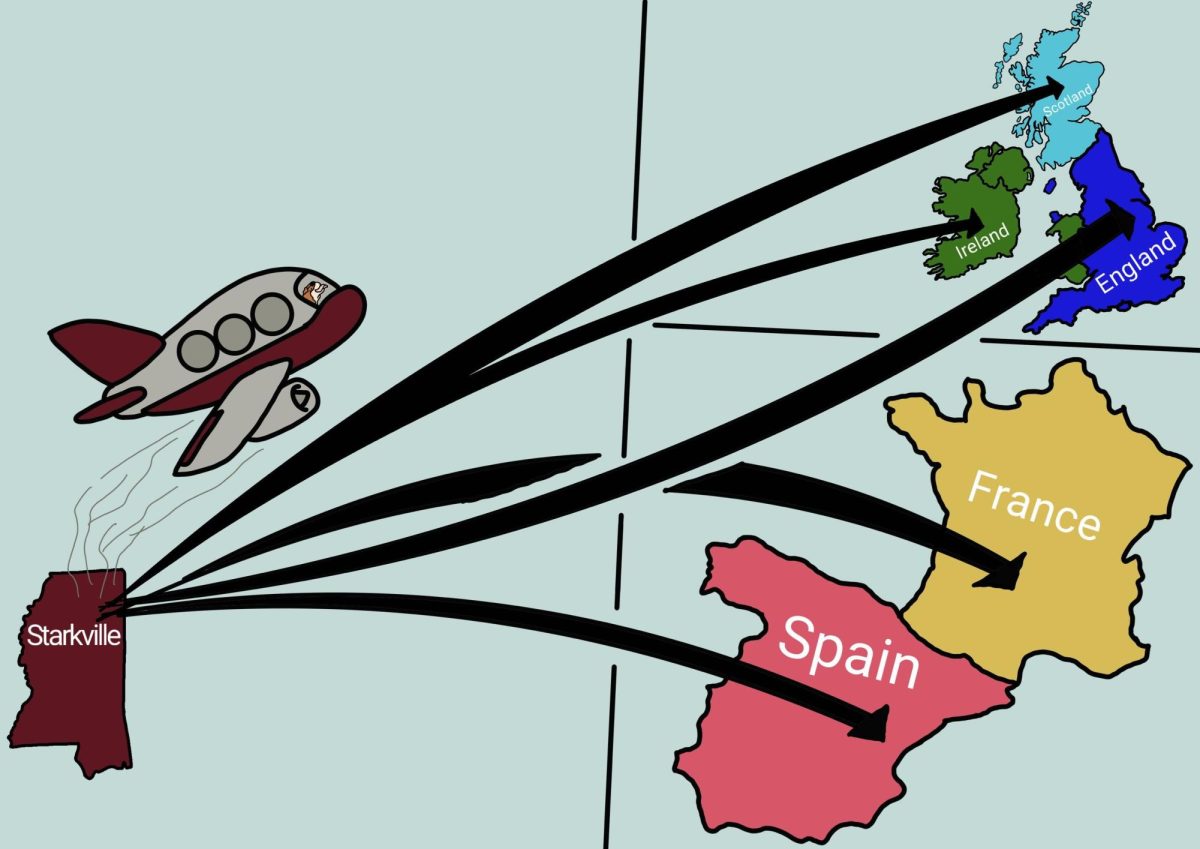The setting is Iraq.
The war on terror is in full force and the hunt for Al Qaeda leader Abu Musab al Zarqawi is on.
Zarqawi is the U.S. military’s top priority and the only thing standing between Zarqawi and his comeuppance is a string of reluctant detainees.
The key to breaking the case and gaining some ground in the war on terror? Specially trained U.S. military interrogators, more fondly known as “‘gators.”
In “How to Break a Terrorist,” a former U.S. Air Force interrogator documents the exciting tale of a group of ‘gators tasked with extracting the intel needed to nail Zarqawi once and for all, writing under the pseudonymous name “Matthew Alexander.”
“Terrorist” has all the makings of a best-seller – comedy, mystery, suspense. You will have a hard time putting this one down.
The novel’s opening sets the tone for the book, beginning with a joke shared by those in the business:
“There’s a joke interrogators like to tell: ‘What’s the difference between a ‘gator and a used car salesman?’ Answer: ‘A ‘gator has to abide by the Geneva Conventions.'”
Instead of selling cars, they “sell hope to prisoners and find targets for shooters.”
“Terrorist” is dramatically real, though names and situations have been changed.
Readers feel like they are sifting through top secret government records while reading the novel, which is littered with blacked out sentences and paragraphs (where the Department of Defense saw fit to omit the sensitive content).
Not familiar with interrogation, military or the war on terror at all? Doesn’t matter.
Alexander educates the reader by using witty humor while telling his remarkable story.
U.S. interrogation caught a negative stigma after the Abu Ghraib scandal, but Alexander shares how interrogation techniques were adapted post-scandal.
This new generation of ‘gators embraces the idea of using respect as a tool to gain intel, instead of using stereotypical intimidation.
The novel’s tagline says it best: “The U.S. interrogators who used brains, not brutality, to take down the deadliest man in Iraq.”
Not all ‘gators share Alexander’s views on interrogation, though.
Readers track the tension between ‘gators that adopt intimidation techniques from the past and those that embrace the new movement in interrogation-treating the detainees like human beings.
Not only do readers get a crash course in interrogation technique and terminology, readers also gain a better understanding of the situation in the Middle East. Alexander outlines the power struggle between the Islamic Shia and Sunni sects, how it applies to the situation in the Middle East and why it necessitates the war on terror.
Alexander is intelligent – the kind of guy who isn’t afraid to speak his mind, even if he might regret it later. He is the kind of guy who does what he believes to be right even when it isn’t the popular thing to do.
Readers will rejoice in his triumphs and share in his downfalls.
The great thing about “Terrorist” is that Alexander presents both – readers get to see him be successful, but they also see him screw up to the point of breaking down.
He may not always be on top, but Alexander is the sort of outspoken hero any reader can get behind.
Even if this is not your typical read (it is certainly not mine), give “How to Break a Terrorist” a chance. You won’t regret it.
Hunting Al Qaeda makes interesting novel
Jennifer Puhr
•
April 21, 2009
Leave a Comment























































































